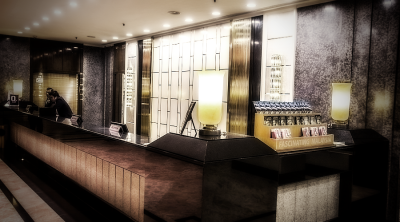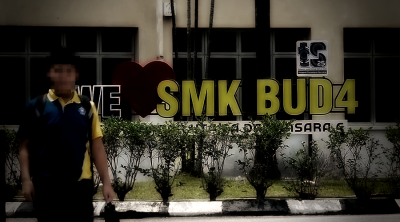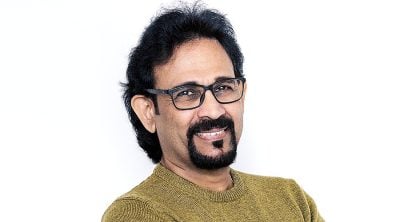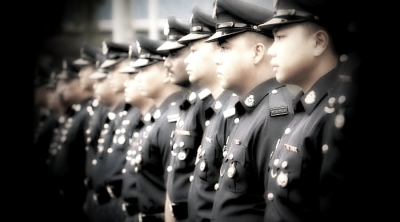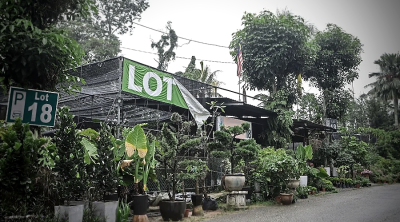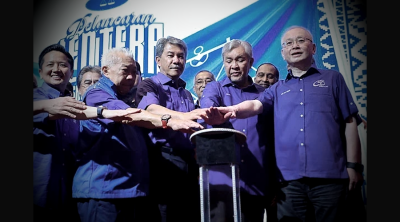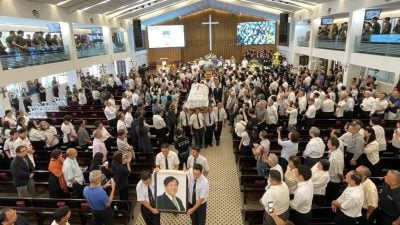
On Saturday, August 3, an enlightening interfaith dialogue, “Religious Tolerance in the Era of Malaysia Madani” organised by ACCIN Malaysia, was held, bringing together representatives from the Islamic, Christian, Hindu, and Buddhist communities.
The event served as a platform for exchanging ideas, fostering understanding, and discussing critical issues affecting our nation’s unity and harmony.
However, a crucial question arises: Are interfaith dialogues meant to be academic exercises or discussions among those already committed to inter-religious understanding? Why don’t we hold these dialogues in every religious or public space to encourage greater understanding among Malaysians?
A call for recognition and action
ACCIN CEO Tn Hj. Jamaludin Shamsudin opened the dialogue with a thought-provoking discussion on the often-overlooked contributions of Muslim and Asian civilisations by Western narratives.
He highlighted the on-going atrocities in Palestine, urging greater awareness and empathy.
Shamsudin praised the Madani government for its openness to interfaith dialogues, viewing them as a crucial step towards mutual understanding and cooperation.
However, Mr. Haridas Nair, Vice President of INSAF, echoed a sentiment of cautious optimism. He called for urgent and radical policy and institutional reforms from the Madani government, expressing scepticism about current affairs.
Haridas emphasised that tangible actions and attitudinal shifts are not just necessary, but also achievable for the Madani Vision to materialise.
He posed critical questions: Has the New Economic Policy contributed to unity over the past 54 years? Does “Bumiputraism”, as a political construct, enhance respect, trust, and compassion among Malaysians?
Drawing parallels with Sri Lanka’s ethnic tensions and Pakistan’s religious politics, he underscored the need for inclusive Malay-Muslim leadership committed to serving all Malaysians regardless of class, colour, race, or religion.
The role of religious leadership
“The role of religious leadership: A beacon of hope” Mr. Jason Leong, the Christian representative, discussed various approaches to handling race and religious issues in Malaysia.
He cited the example of the Metro Tabernacle Church rebuilt with the help of the Malaysian Prime Minister in 2010 after an arson attack.
Leong criticised the Western media for exaggerating the incidents, noting the importance of responsible reporting to avoid unnecessary alarm and division.
He passionately emphasised the pivotal role of religious leaders as beacons of hope, uniting people through acts of kindness and understanding.
Another key speaker, Dr. Syed Hussain, began his address with a heart-felt message of love towards the Buddhist representative and everyone in the hall, reinforcing the universal values of love, care, and understanding inherent in all religions.
He expressed that the Muslim majority in Malaysia could do more to unite the nation by showing greater affection and respect towards other races and religions.
Dr. Syed Hussain left with a powerful message: “Let’s all work on the solutions rather than merely stating the problems,” especially if we sincerely want changes in how we view people of different faiths.
He even cited the Quran to explain how Islam allows other religions to practise and co-exist.
Innovative approaches to interfaith understanding
Mr. Wong Tin Song, the Buddhist representative, introduced an innovative AI interaction programme designed to educate and engage Buddhist learners.
This technological approach symbolises the potential for modern tools to enhance religious education and foster interfaith understanding.
Although the original speaker could not attend due to illness, the alternative speaker captivated the audience with insights on how AI is helping young learners catch up on Buddhism.
Learning from global examples
As a multireligious, multicultural, and multiracial nation, we must be aware of the successful examples of interfaith dialogues worldwide.
In India, the Interfaith Coalition for Peace has significantly promoted communal harmony. In the United States, the Interfaith Youth Core bridges gaps between young people of different faiths, fostering a culture of mutual respect and understanding.
These examples inspire further increasing camaraderie among all religions in Malaysia. Malaysia can shine and rise above all the bigotry image which certain politicians paint and taint our beautiful nation’s image and reputation.
Questioning the approach to interfaith dialogues
While the dialogue was insightful and encouraging, it raises an important question: Are interfaith dialogues merely academic exercises or discussions among converts already committed to inter-religious understanding?
Why aren’t these dialogues held in every religious or public space to encourage broader participation and understanding among Malaysians?
Conducting these dialogues in enclosed rooms limits their reach and impact. To achieve true unity and harmony, these discussions must be brought into the open, making them accessible to everyone, regardless of their level of commitment to interfaith understanding.
A broader reach for greater impact
Every speaker emphasised the beauty of their respective religions without asserting superiority over another. This approach fosters mutual respect and understanding, which is essential for a harmonious society.
However, to maximise the impact of these dialogues, they should be held in more accessible and public spaces.
Imagine the potential if interfaith dialogues were a regular feature in religious centres, community halls, and public spaces across Malaysia. This would allow more people to participate, learn about each other’s beliefs, and cultivate a culture of respect and empathy.
The interfaith dialogue on August 3 underscored the importance of open, honest, and empathetic conversations among religious communities.
It highlighted the need for continuous efforts in policy reform, inclusive leadership, and innovative approaches to education.
Malaysians are reminded that religion has the transcendental potential to liberate us from identity prisons.
By embracing this mindset and expanding the reach of interfaith dialogues, we can achieve unity and harmony in our diverse nation.
Let us move these dialogues out of enclosed rooms and into the public sphere, fostering greater understanding and cooperation among all Malaysians.
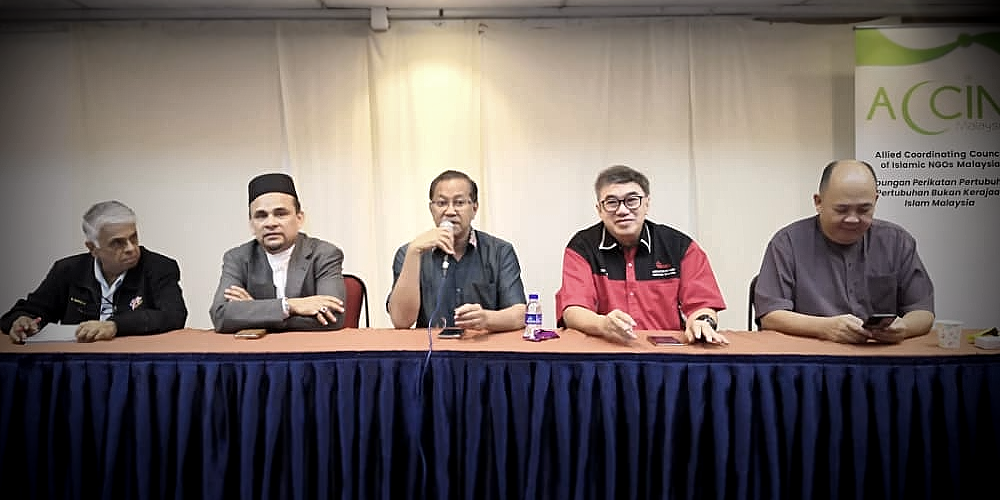
(Ravindran Raman Kutty is an active social worker.)
ADVERTISEMENT
ADVERTISEMENT






